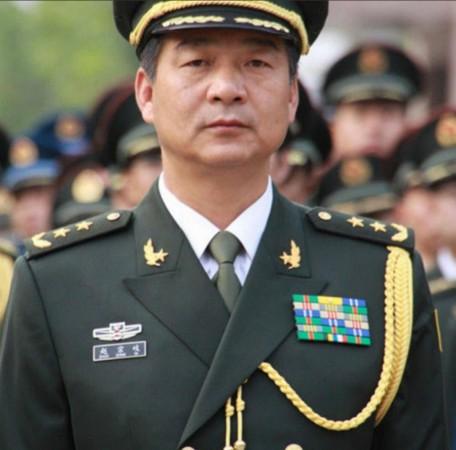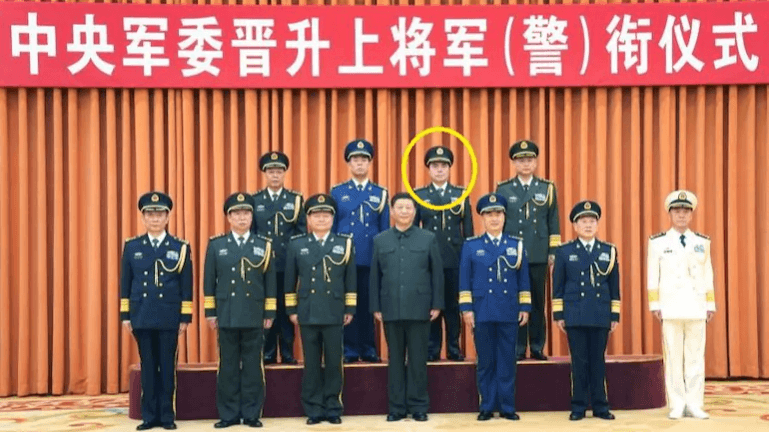Chinese President Xi Jinping has sacked General Zhao Zongqi, the People's Liberation Army's (PLA) powerful Western Theatre Commander responsible for the ongoing military standoff with India in eastern Ladakh. General Zhang Xudong has been picked as his replacement, a commander who has never served along the Line of Actual Control (LAC).
General Zhao: Brain behind Doklam and Ladakh standoff
In New Delhi, the change of guard in the leadership of the Western Theatre Command raised hope that the replacement of General Zhao may not be as aggressive anti-India as his predecessor. Gen Zhao was seen as a hawk against India and Bhutan, who had also orchestrated the 2017 Doklam dispute with India. It is pertinent to note that this is the first appointment in PLA history that a commander has been appointed at the helm of Western Theatre Command without having experience of serving on the Indian border.

As per a report in Hindustan Times, General Zhang is 58 is much younger than the outgoing General Zhao, who was supposed to retire at 65 earlier this year but was given an extension by President Xi himself. One of the Indian military commanders said, "The tone and demeanor of the PLA commander during the next military commanders' meeting would throw some light on the complex undercurrents in the PLA." Taking a cautious approach the commander also added, "We are keeping our fingers crossed."

Experts on China have contested that there was no evidence to show that, unlike his predecessor, General Zhang had any political aspirations and was supposed to take professional merit judgments. Gen Zhao, who was a member of the central committee of the Communist Party, was considered to be fishing for a seat on the Central Military Commission that would have allowed him to serve until the age of 72.

As per India's assessment, Gen Zhao had the backing of the Xi-led Central Military Commission when PLA soldiers came deep inside India in the Finger area near Pangong Tso in late April and early May. But the clashes at the Patrol point 14 in Galwan valley that claimed the lives of 20 Indian soldiers and an unconfirmed number of PLA soldiers led to some discomfort. In May, the Indian Army reported large scale incursion by the PLA in Depsang plains, Pangong area, and Galwan valley.















